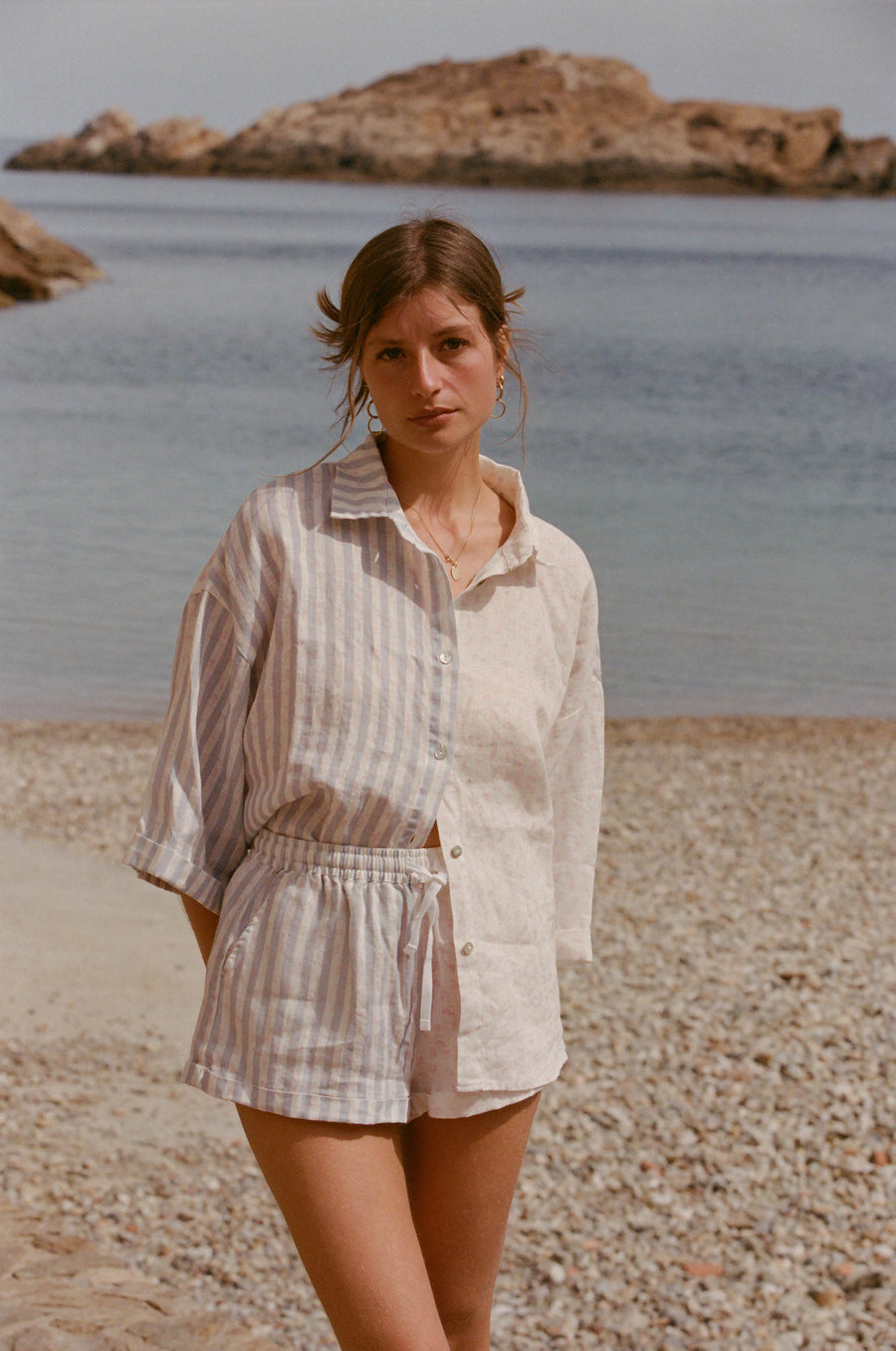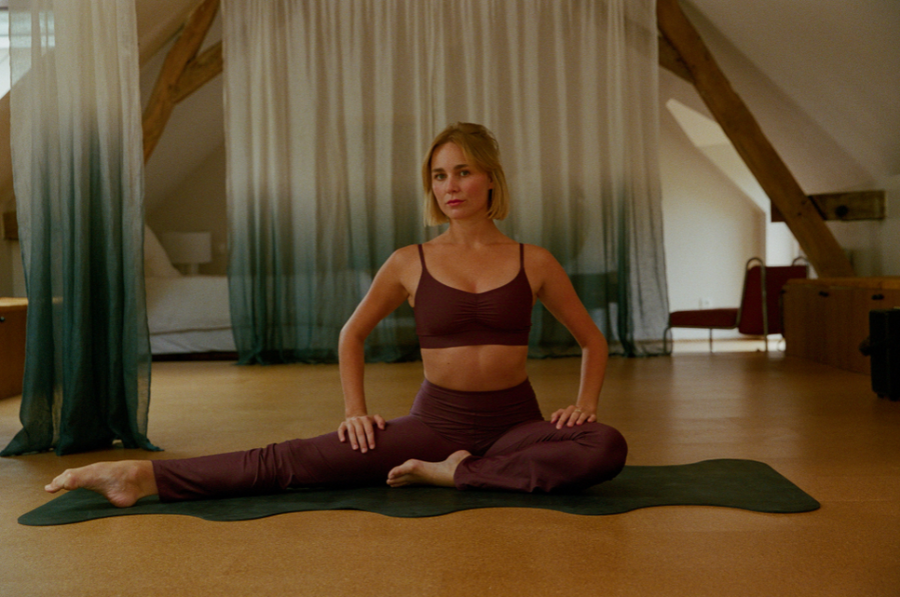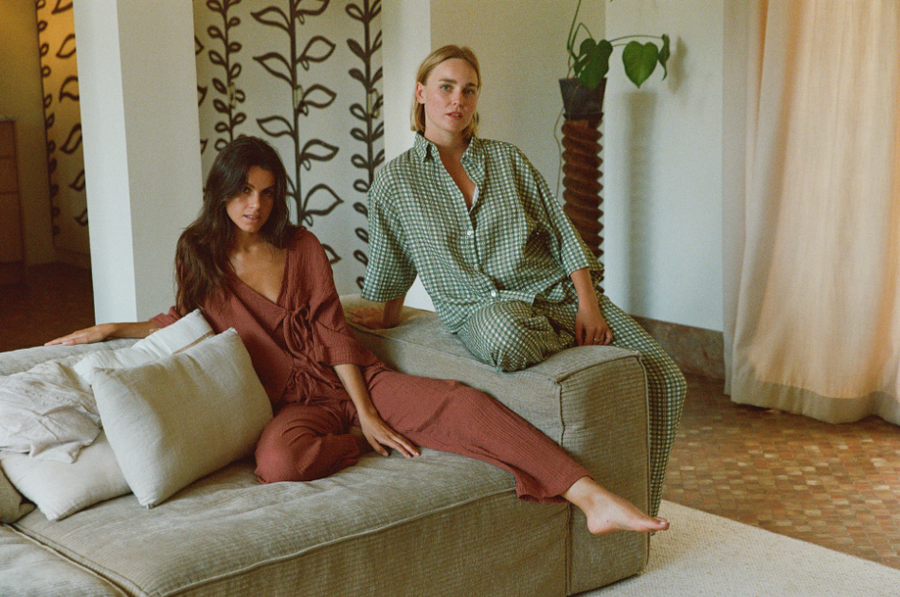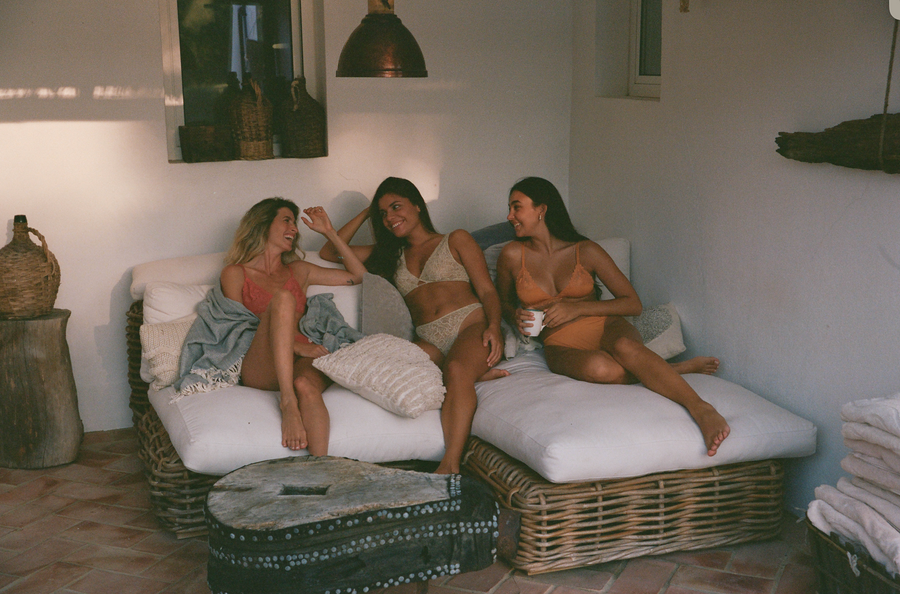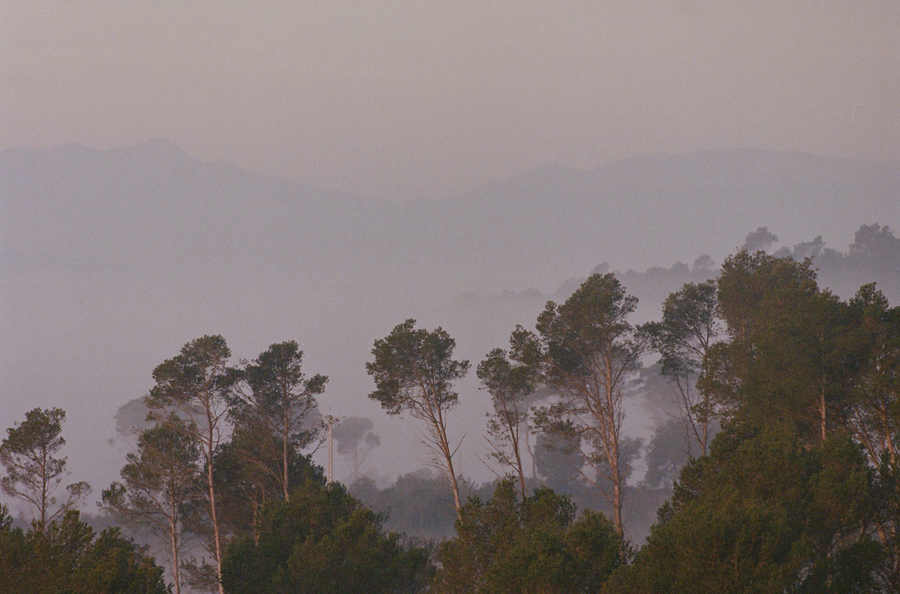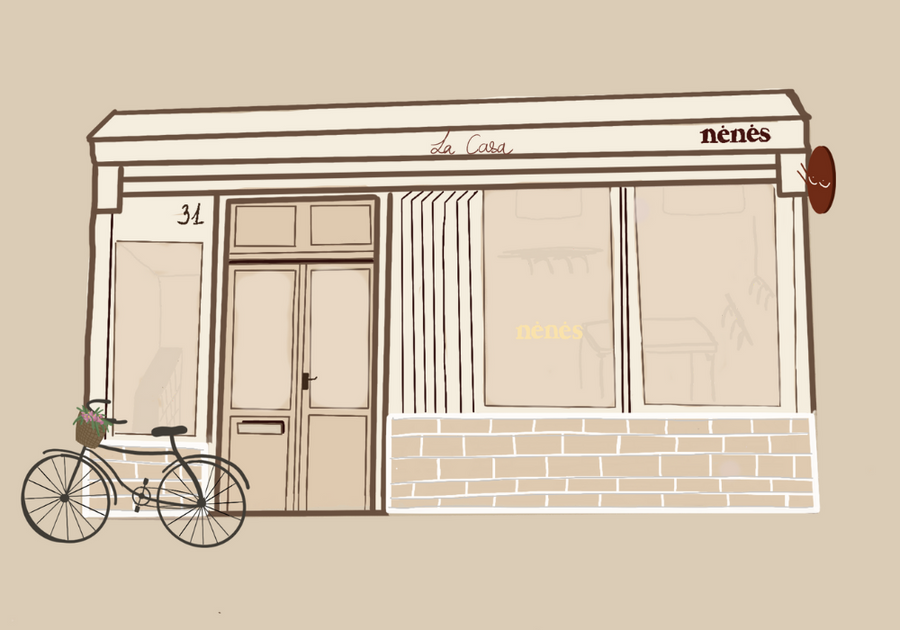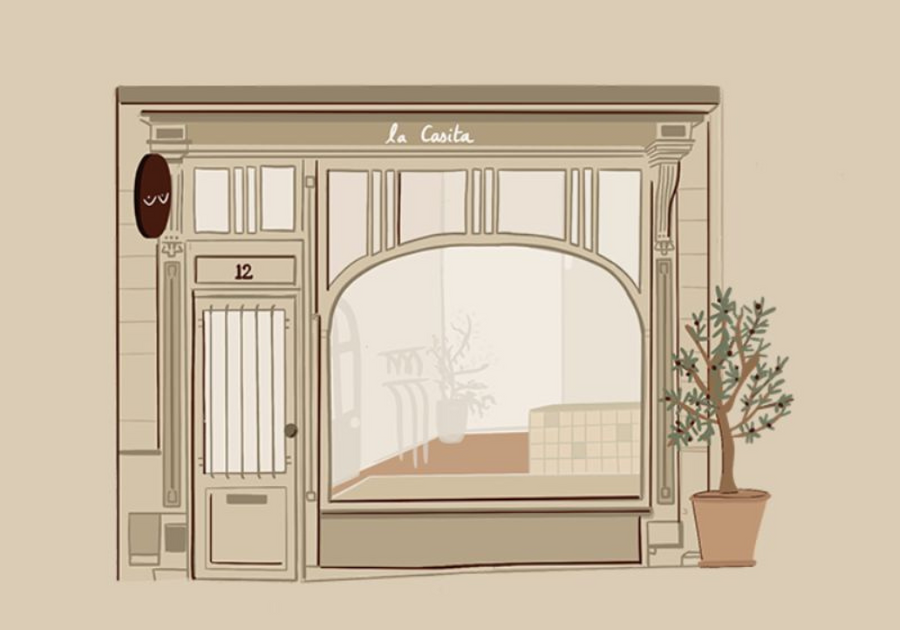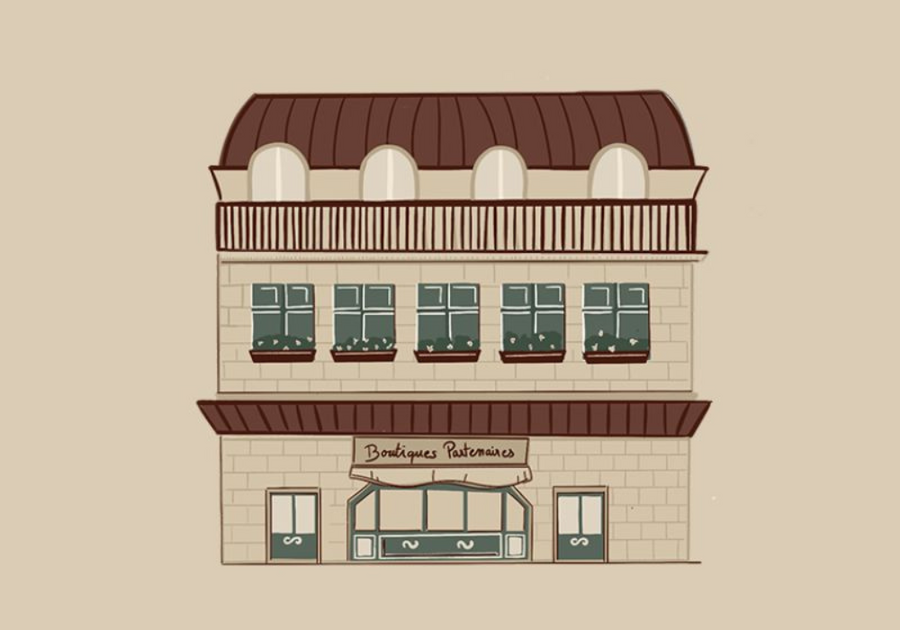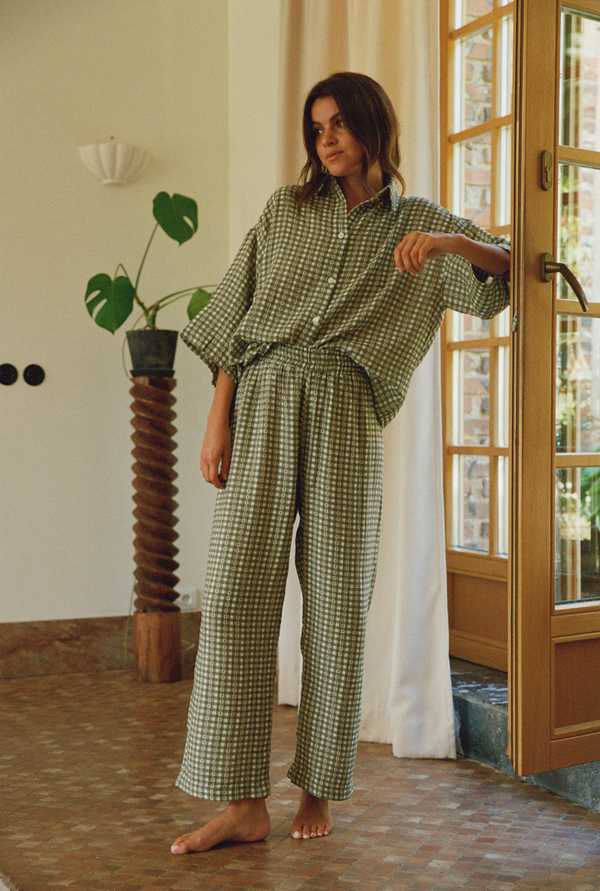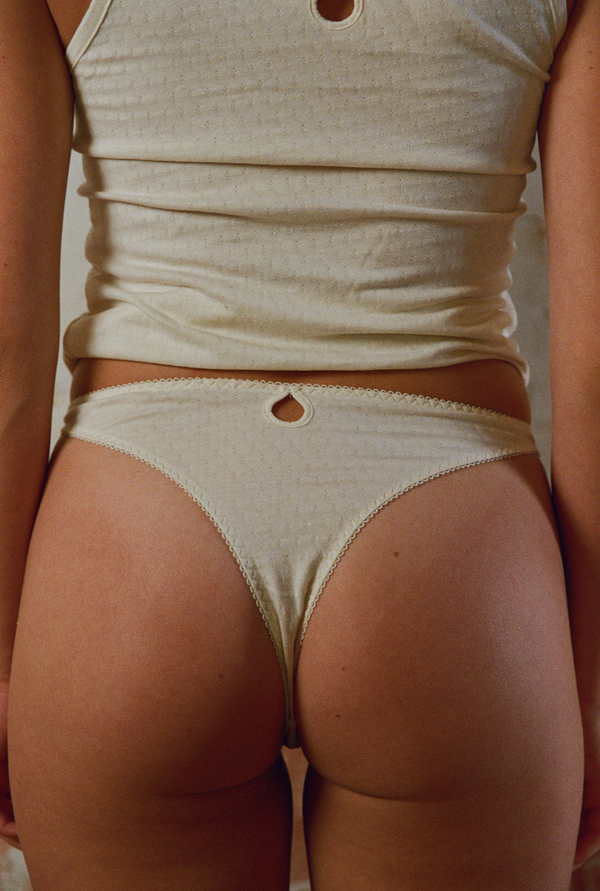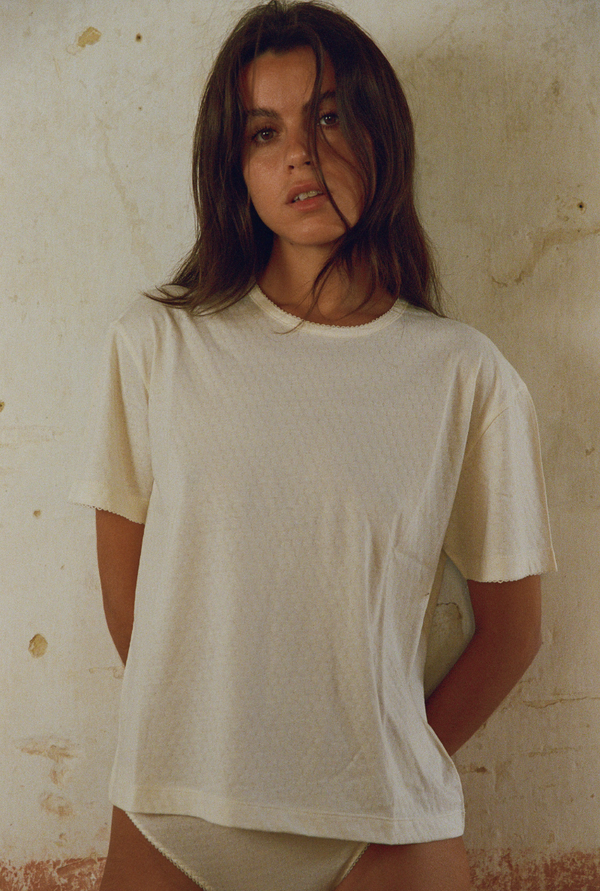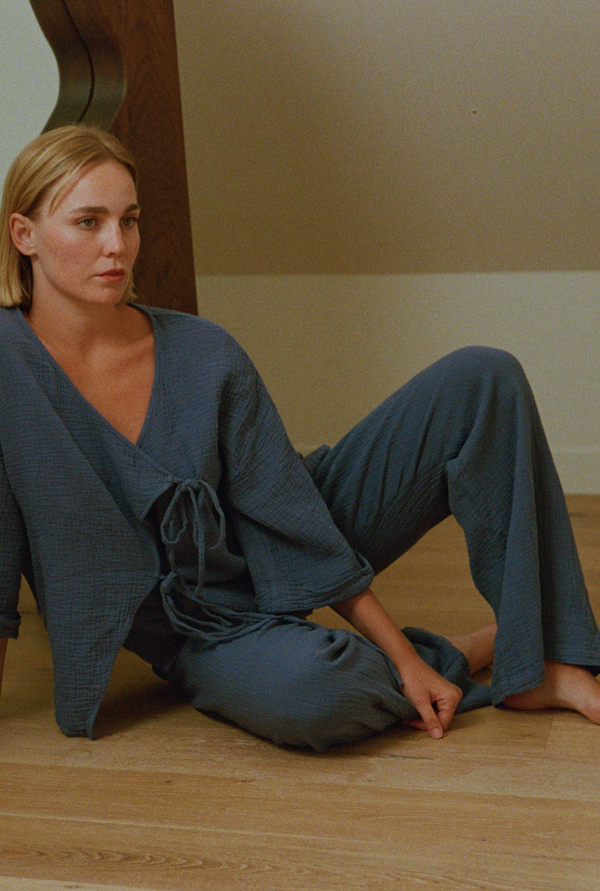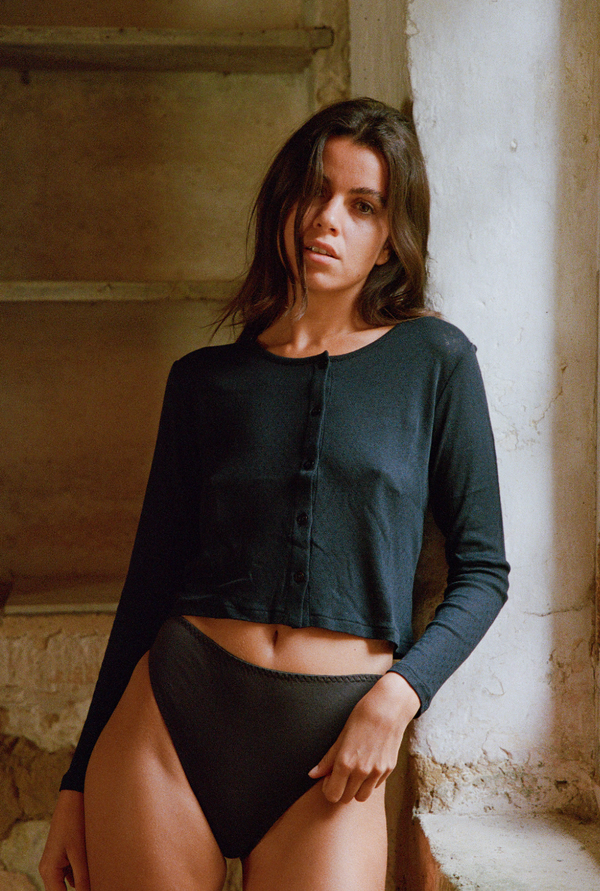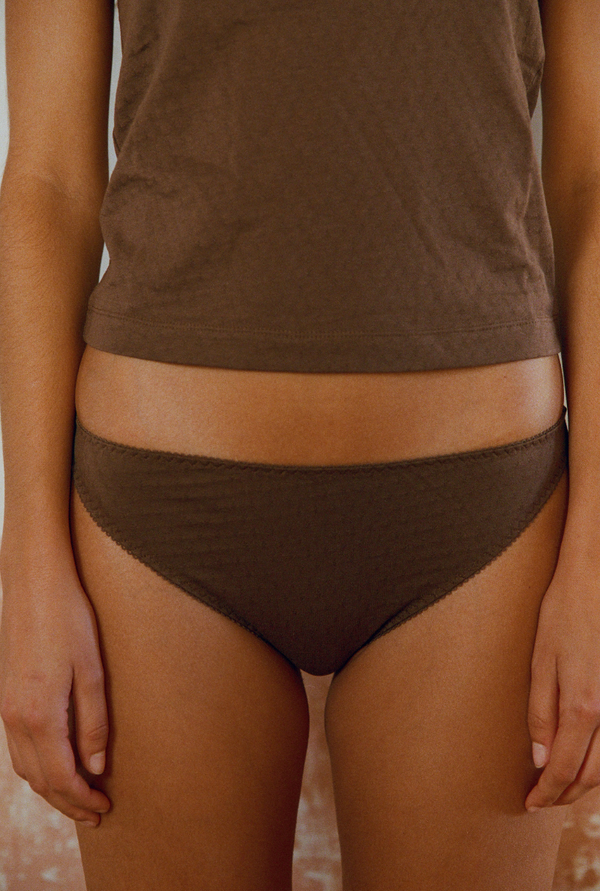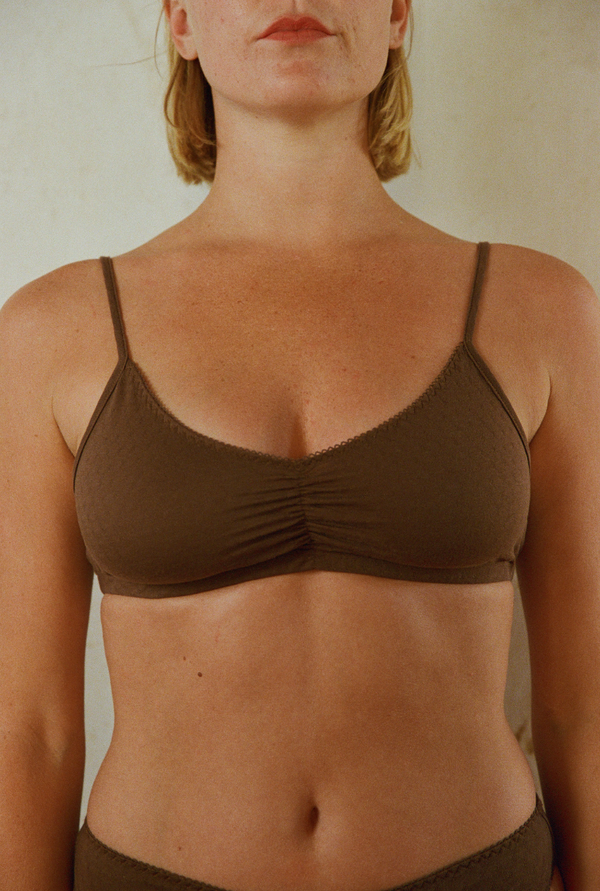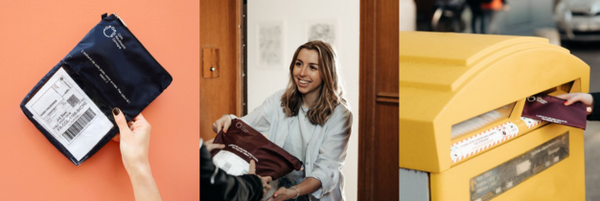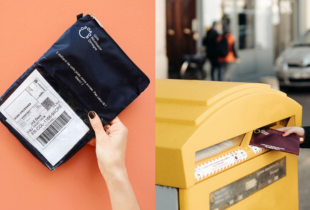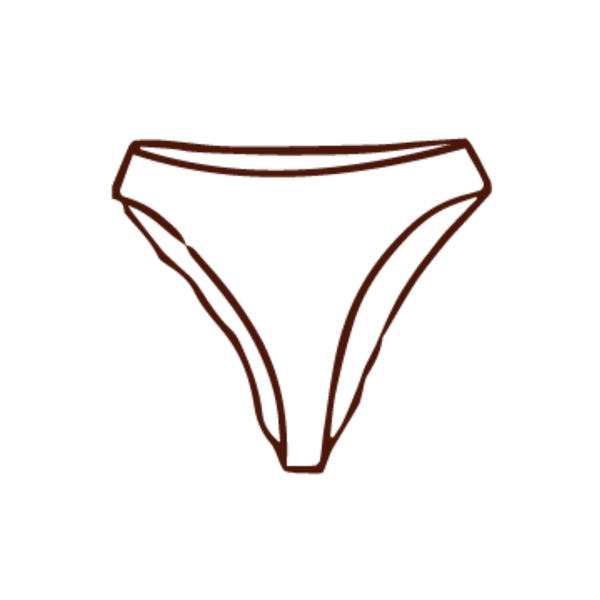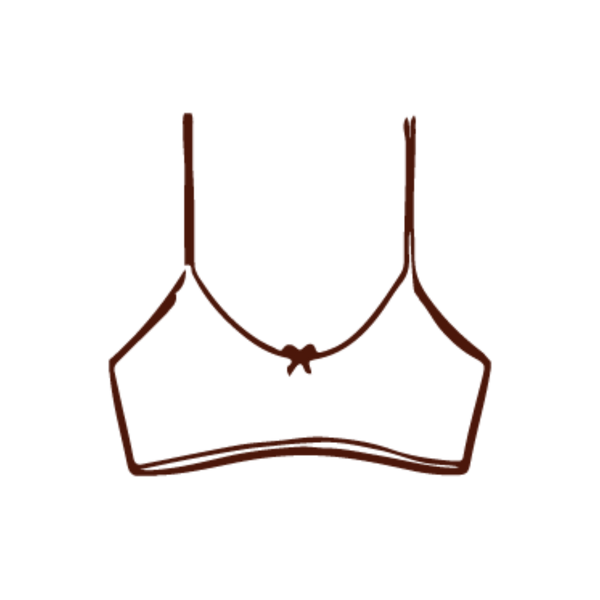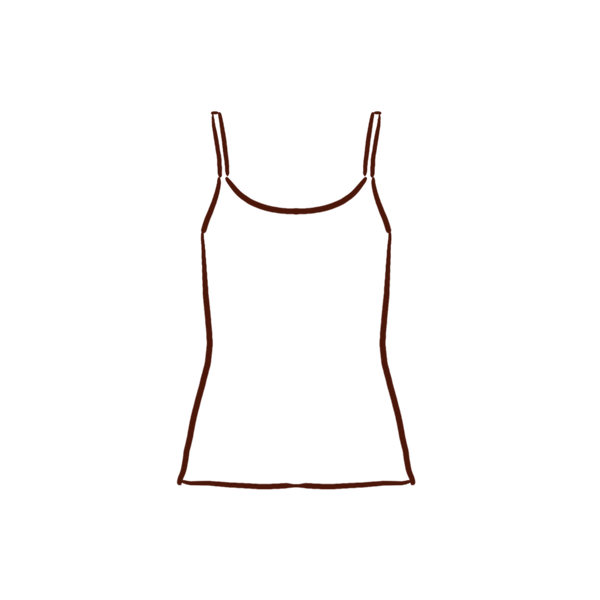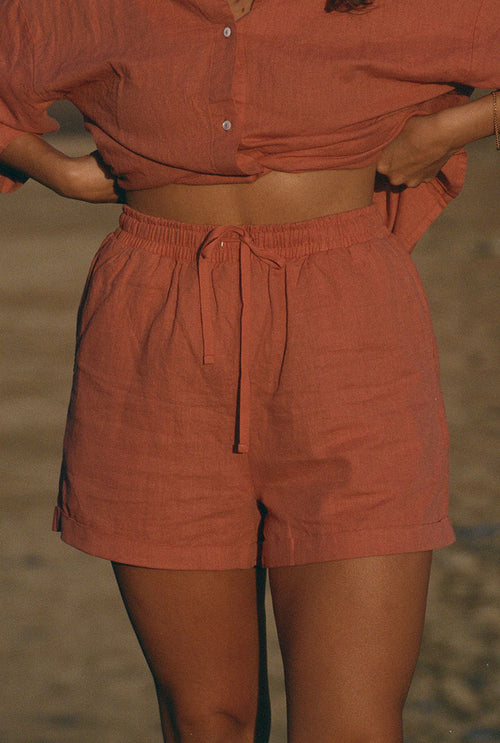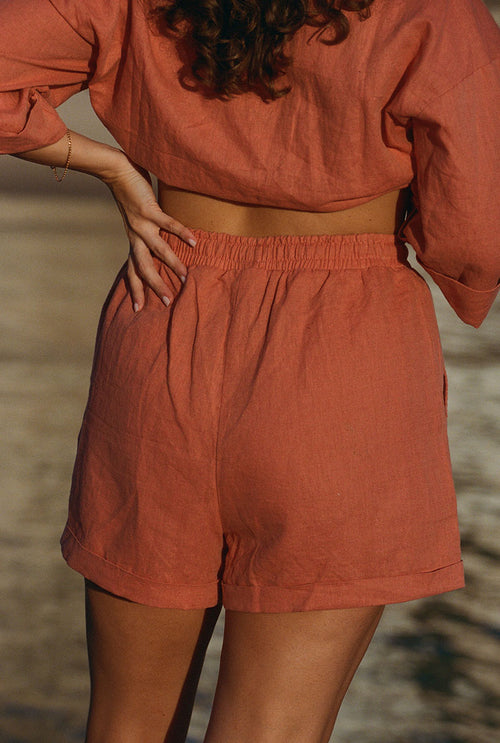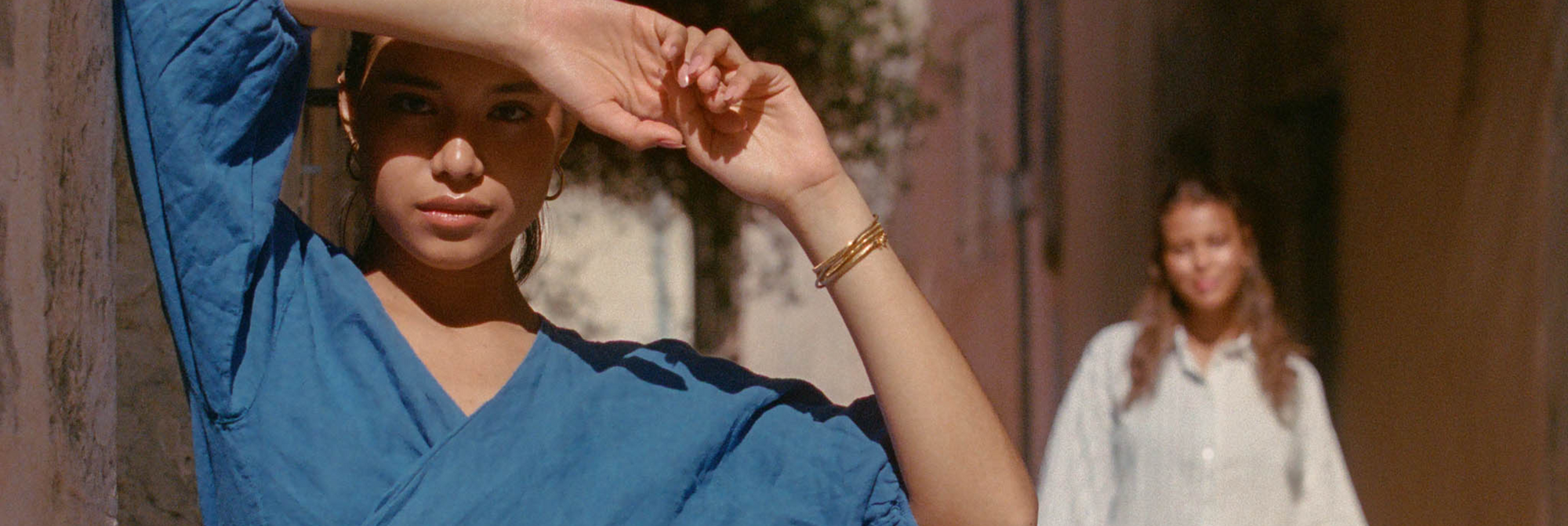
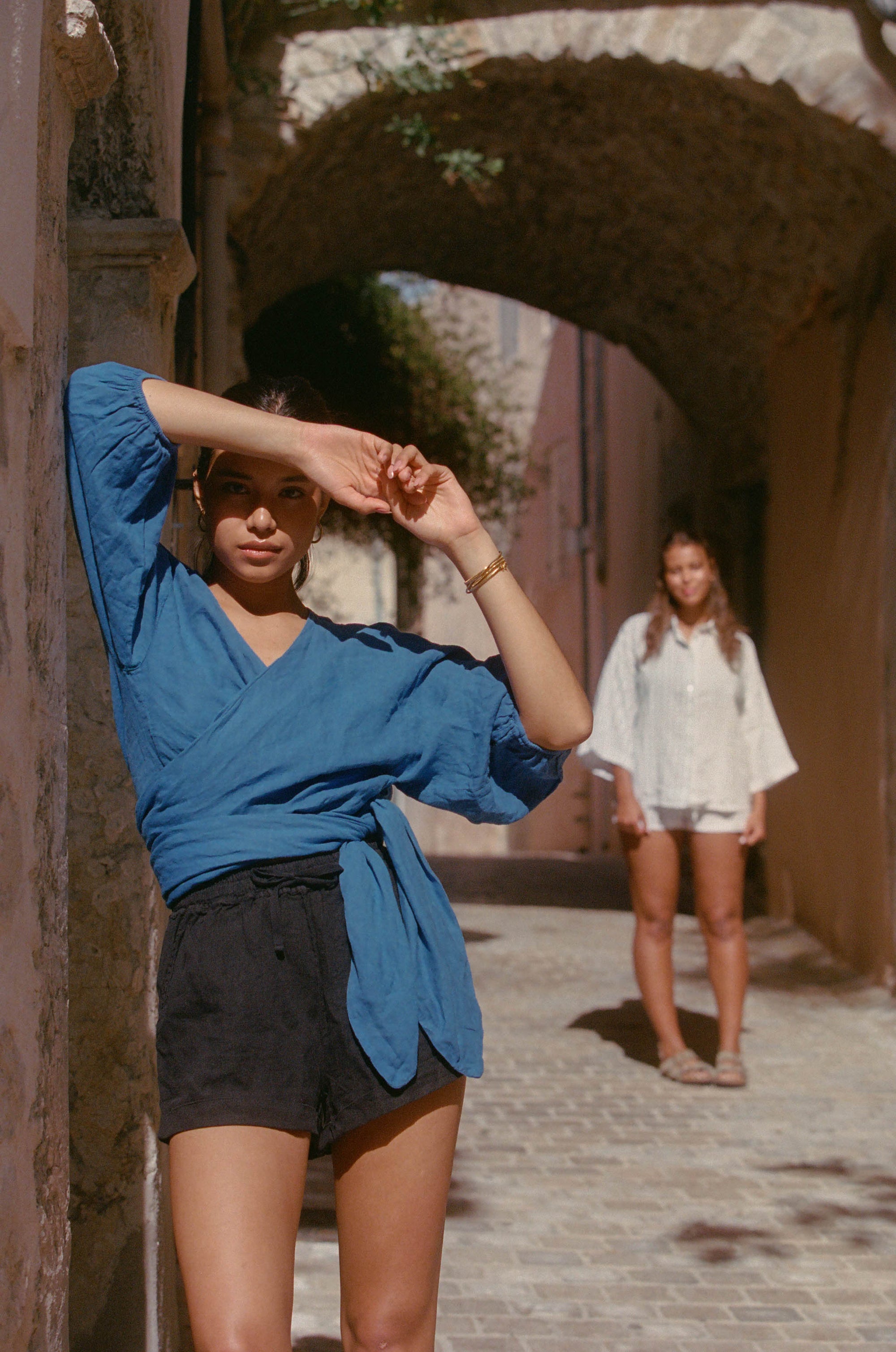
Linen, why is it good?
What is linen?
Linen is a natural plant material which is very popular in the textile and industrial sectors. This small blue, purple or white flower is grown in areas with a temperate climate close to the coast. Like Holland, northern France or even Belgium. Europe is the leading flax producing area, with more than 80% of world production.
Linen is therefore gradually beginning to make a place for itself in the world of textiles still dominated by cotton.
Let us now emphasize that it is a zero waste plant . The entire plant is used and nothing is thrown away! Indeed, flax is not only a plant dedicated to textiles, it has multiple properties . Linen can, for example, become an oil, used in paint or varnish. You can also eat its seeds, which are ideal for salads. Behind this product lies a multitude of by-products.
Finally, it is a plant that recycles very well! Indeed, being a 100% natural material, it is completely recyclable provided that it is not mixed with other materials. In addition, its resistance makes it perfect for upcycling.
Production stages
Before this comfortable and durable material arrives in your cupboards, you must go through several production stages.
First of all, the plant obviously has to flower . Since the seeds are sown in spring, between March and May, they need between 120 and 150 days to produce the first flowers. Natural fibers reach their maximum size at flowering time. The plant is then pulled up at this time and then placed on the ground.
This is when we arrive in August and the retting period begins. Retting is a natural process of alternating sun/rain allowing the fibers of the plant to be naturally extracted.
After retting, the linen is scutched , that is to say collected and beaten! The material is then ready for the final stage of spinning . The latter is also a natural transformation phase which aims to give the desired texture to the material. For soft linen, it is recommended to spin “wet”. Whereas for a more rustic linen, the spinning will be done dry.
The linen is then ready to be transported to knitting, weaving and clothing factories.
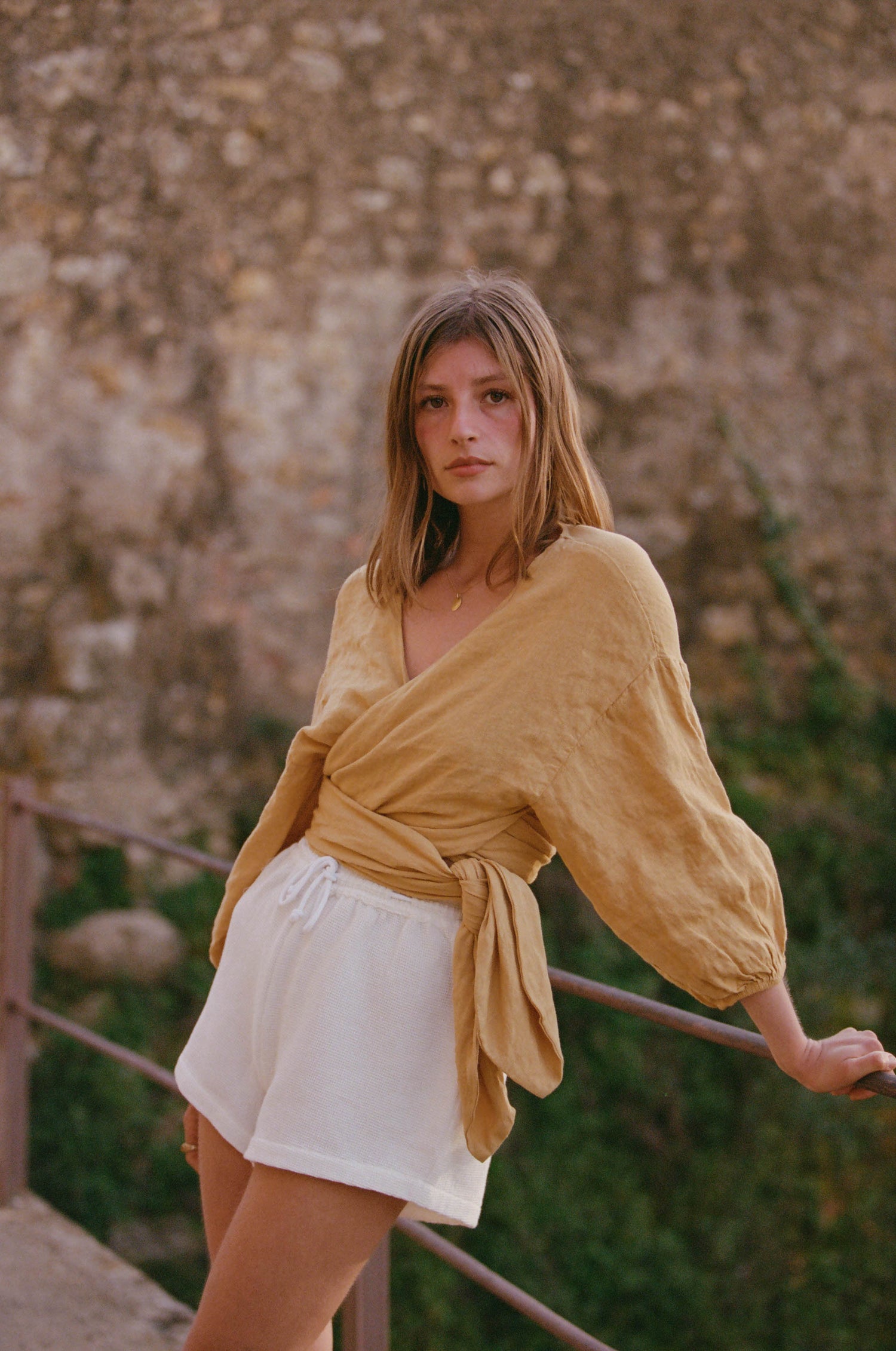
Linen, why is it good?
At Nénés we particularly like linen because it is THE eco-responsible material par excellence! In fact, its cultivation does not require pesticides and very little water . Only rainwater is sufficient for its cultivation. In addition, linen helps absorb nearly 250,000 tonnes of CO₂ each year in France.
The European climate is perfect for the development of the plant. It is therefore a local material: made in Europe or even made in France! Pssst… France is also the leading linen producing country in the world. And at Nénés, the short circuit , we love !
Linen is a very absorbent and anti-static material. It naturally brings freshness in summer and protects from the cold in winter, so it is said to be thermoregulatory .
Finally, linen, known for its resistance, is a material that will last over time. No more clothes that wear out and lose their quality in just a few months. Linen is a durable material that will follow you over the years.
Linen at Nénés
For several summers, Margot, the founder of Nénés, decided to design beachwear collections incorporating linen! In the program ?
Small sets consisting of oversized shirts and shorts : perfect for this summer but also wrap-around blouses , loose and which tie at the waist! Perfect in all situations and above all super comfortable. Also find skirts super easy to wear.
In addition to multi-tasking all summer long, our shirts can of course be worn in winter with jeans or as an overshirt over a t-shirt! Shorts can act as pajamas due to their comfort and lightness.
Finally, our sets have obviously been designed to be mix and match. Endless combinations are yours!
Linen in pictures...
Linen in pictures...
Small maintenance point
If you are washing your linen garment for the first time, here are some tips to avoid damaging it!
First, we advise you to soak it in water and white vinegar ! In fact, this step will make your garment more resistant to stains and also make it more flexible . You can then put it in the machine, maximum at 30°C with preferably a natural or gentle detergent .
